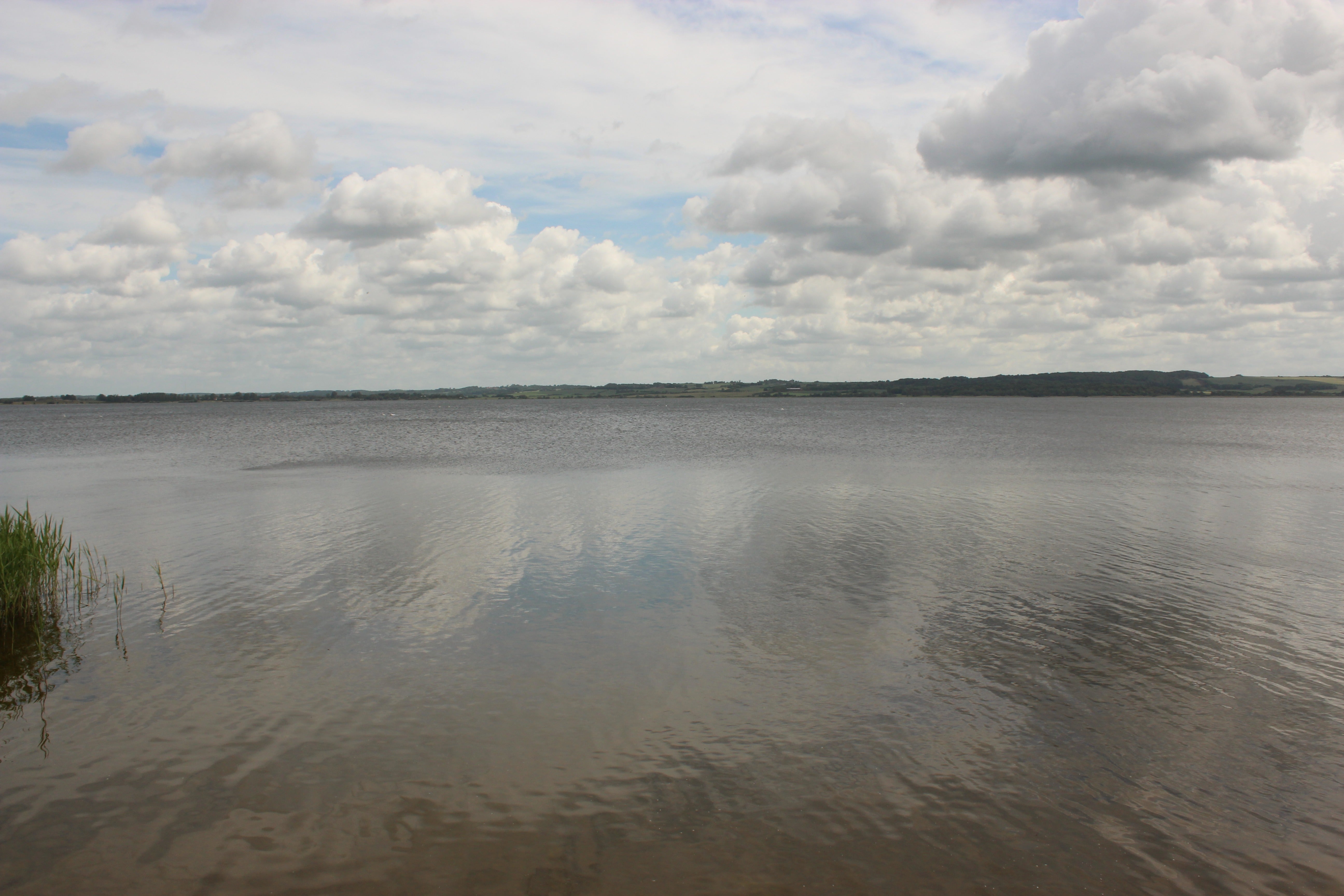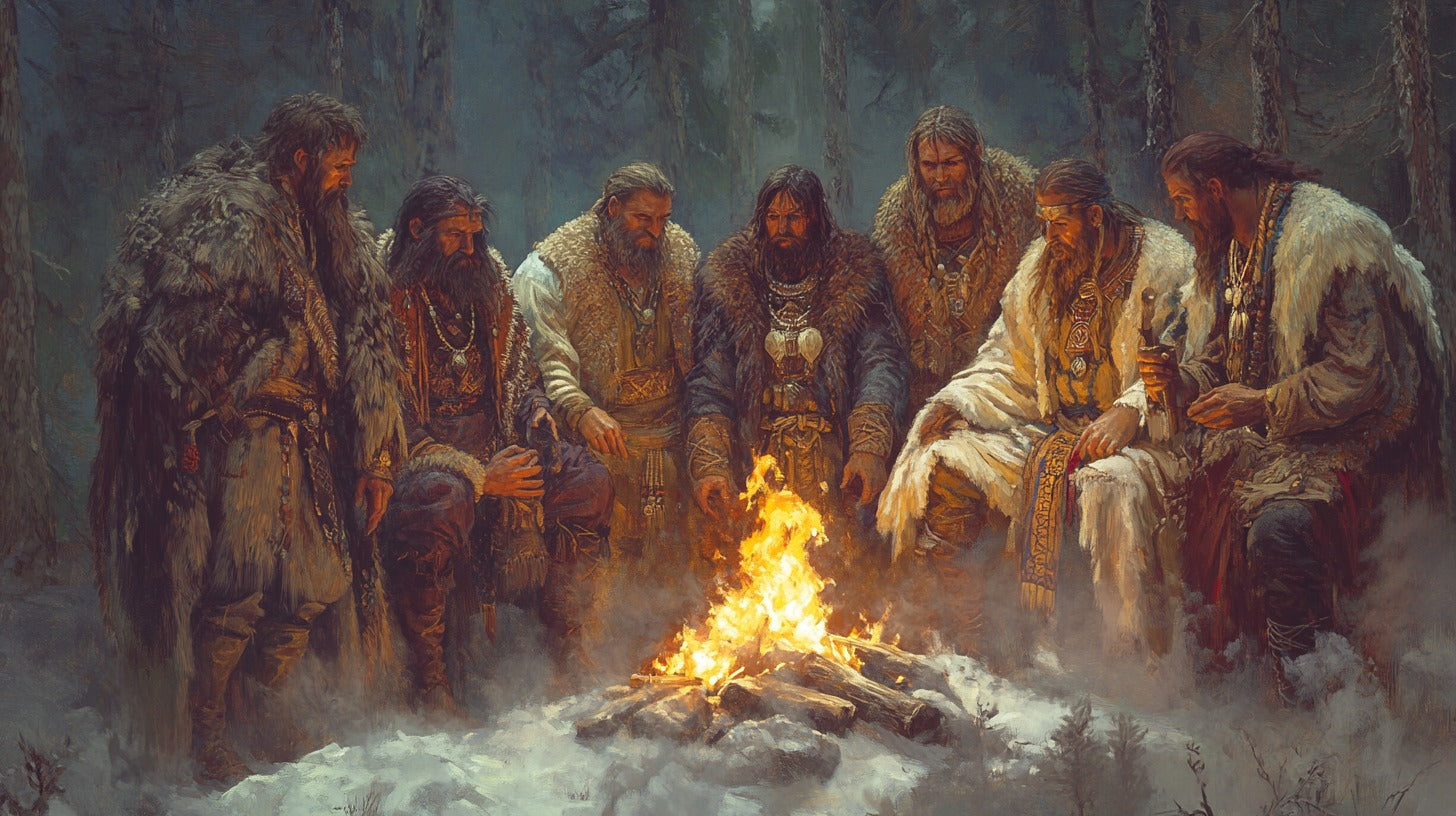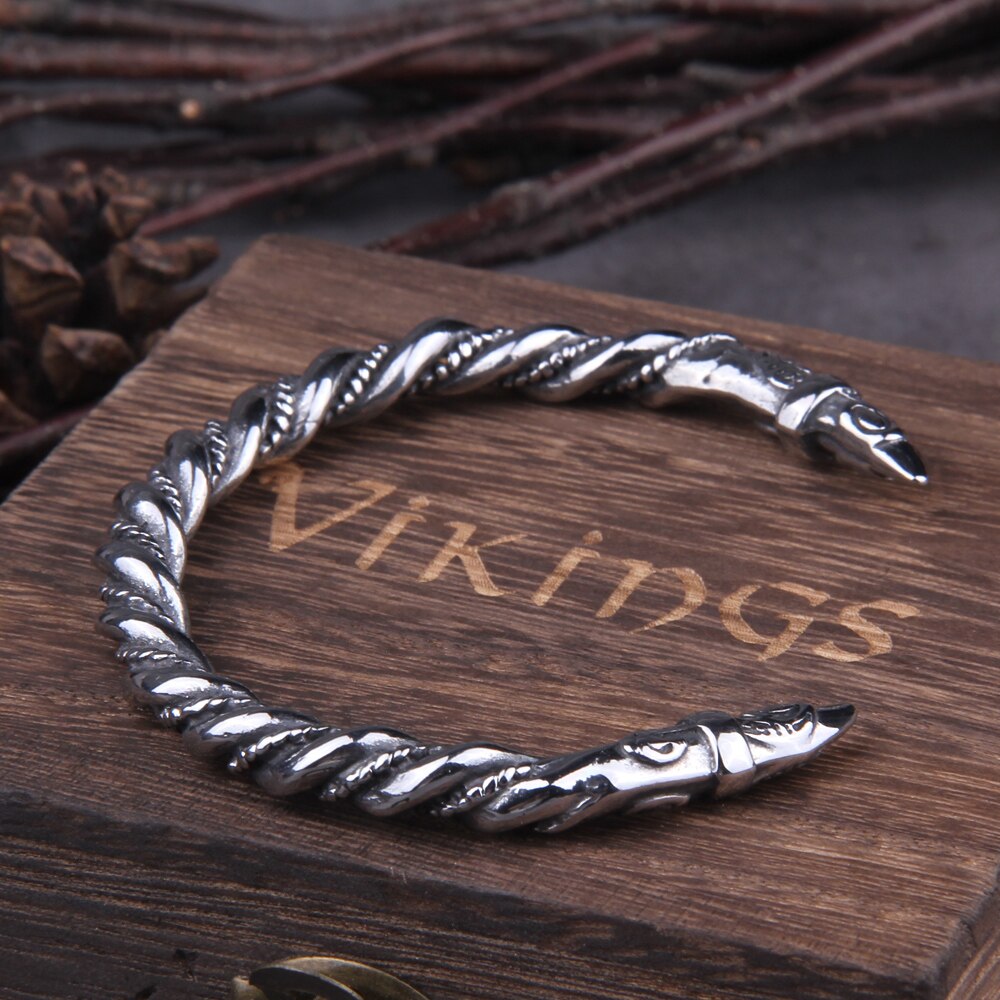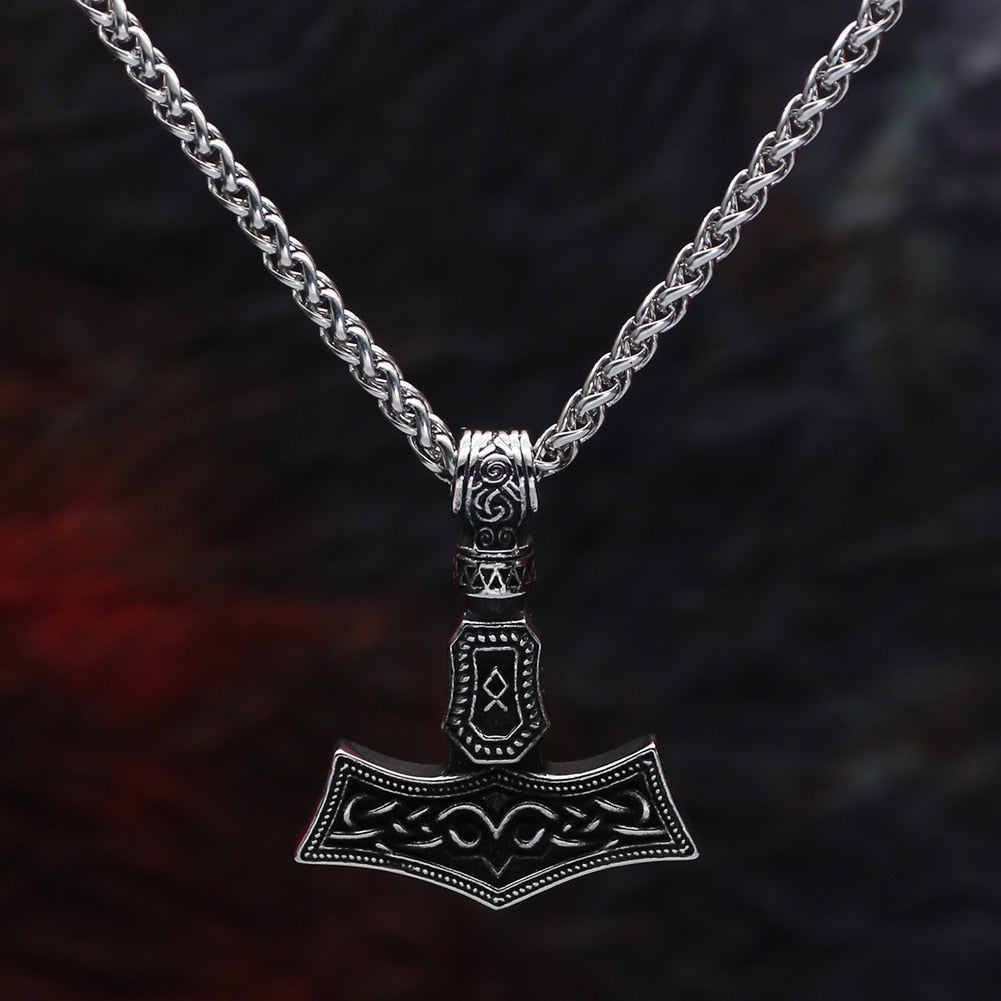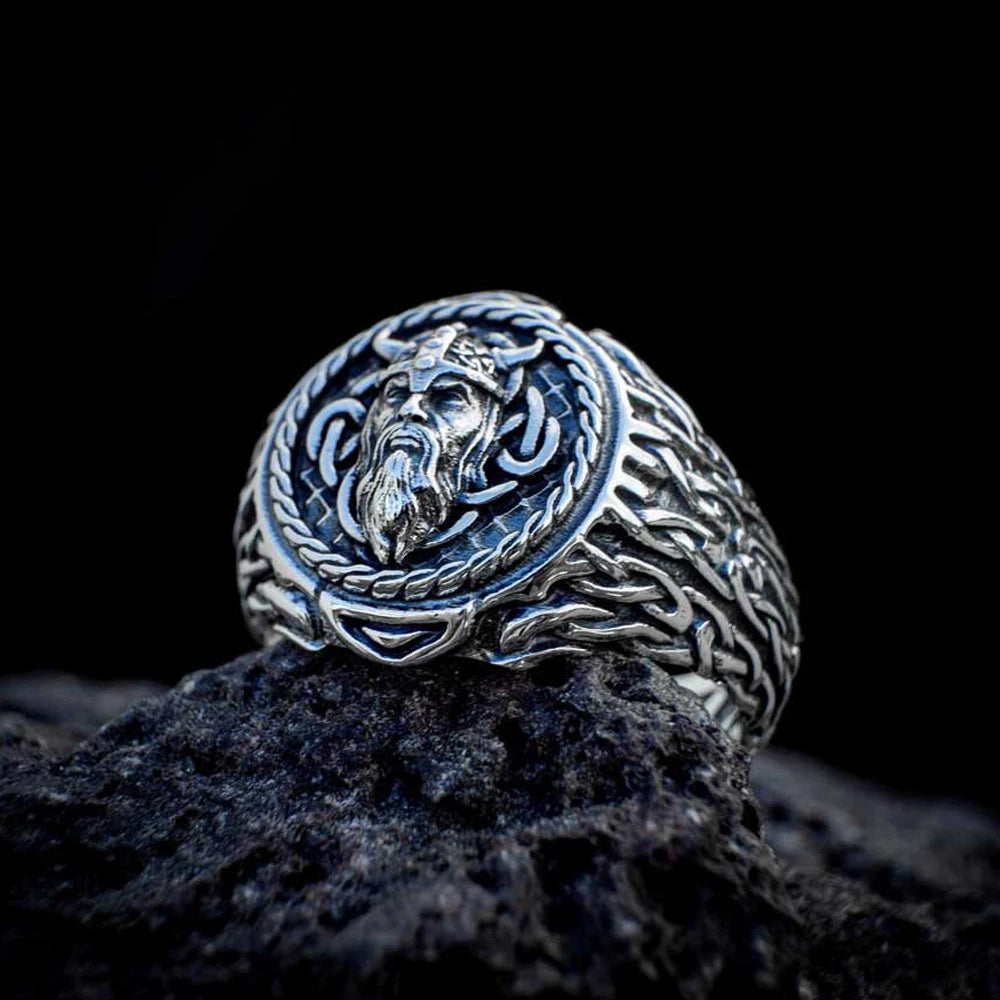
The Origins of the Word 'Viking': A Historical Investigation
The term "Viking" has captured the popular imagination for centuries, evoking images of seafaring warriors from the North. However, the etymology of this widely recognized name has a complex history that spans multiple languages and cultural contexts.
Historical Context and Etymology
The earliest known use of the term appears in Anglo-Saxon chronicles from the late 8th century. The Old English word "wicing" and the Old Norse "víkingr" are among the earliest recorded forms. Contemporary sources from the Viking Age (793-1066 CE) used various terms to describe these Norse seafarers, with "Viking" being just one of many appellations.
The word's etymology remains debated among scholars. Several theories have gained prominence:
- From Old Norse "vík" (bay or inlet)
- From Old English "wíc" (trading settlement)
- From Old Norse "vika" (sea mile)
Primary Source Evidence
The term appears in various forms across medieval texts:
- Anglo-Saxon Chronicle: "wicing"
- Old Norse sagas: "víkingr"
- Latin chronicles: "vicing"
Contemporary Historical Usage
During the Viking Age, the term initially referred specifically to maritime raiders rather than all Scandinavians. Archaeological and textual evidence suggests that "Viking" was an occupation or activity rather than an ethnic or cultural identifier.
Geographic Distribution
The term spread across various regions:
- British Isles: "wicing"
- Frankish Empire: "wicking"
- Byzantine Empire: "varangian"
Evolution of Meaning
By the late medieval period, the meaning had evolved to encompass broader aspects of Norse culture and society. This transformation reflects changing historical perspectives and cultural interactions.
Contemporary scholars emphasize that "Viking" originally denoted an activity rather than a people. Modern research indicates that the term's current usage differs significantly from its historical meaning.
Historical Significance
The way contemporary chronicles used the term has significantly influenced our understanding of Norse society and expansion. Different regions developed varied interpretations and applications of the term.
Material culture and inscriptions provide additional context for understanding how the term was used in different regions and time periods.
Conclusion
The etymology of "Viking" reflects the complex interactions between medieval societies and the evolving nature of historical terminology. Understanding its origins helps contextualize both medieval and modern perspectives on Norse culture.
Frequently Asked Questions (FAQs)
- Did all Scandinavians during the Viking Age go "viking"?
No, "viking" originally referred specifically to raiding activities, not all Scandinavians.
- When was the earliest recorded use of the term "Viking"?
The earliest recorded uses appear in Anglo-Saxon chronicles from the late 8th century.
- Did Vikings call themselves Vikings?
Historical evidence suggests they more commonly identified by their regional origins or specific activities.
- How did the meaning of "Viking" change over time?
The term evolved from describing a specific activity to becoming a broader cultural identifier.
- Is there a definitive etymology of the word "Viking"?
No, scholars continue to debate various potential origins of the term.
